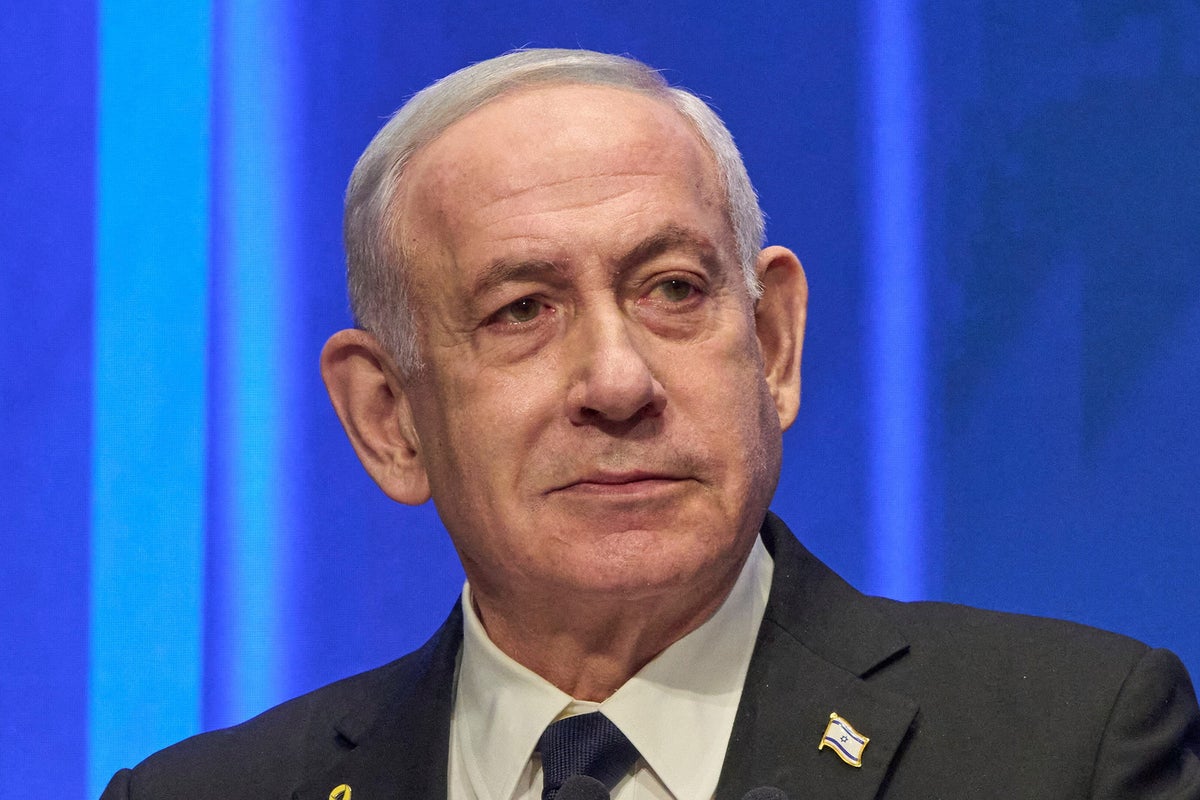
Australia’s government has pushed back against Israel’s scathing tirade against prime minister Anthony Albanese after Benjamin Netanyahu called him “weak” and accused him of betraying the country’s Jewish community.
Relations between the two countries have plummeted amid Israel’s military campaign in the Gaza Strip, with Australia announcing last week that it would join the UK, France and Canada in recognising a Palestinian state at the UN General Assembly next month.
Israel has since revoked the accreditation of Australia’s representatives to the Palestinian Authority, after Australia’s home minister cancelled the visa of a prominent far-right Israeli politician, accusing him of intending to “spread a message of hate”.
Now the row has become personal, with Israeli prime minister Benjamin Netanyahu lashing out at Mr Albanese in an unusually pointed public missive. On X, Mr Netanyahu’s office wrote: “History will remember Albanese for what he is: A weak politician who betrayed Israel and abandoned Australia’s Jews.”
Responding to the remark, Mr Burke said on Wednesday: “Strength is not measured by how many people you can blow up or how many people you can leave hungry.”
“Strength is much better measured by exactly what prime minister Anthony Albanese has done, which is when there’s a decision that we know Israel won’t like, he goes straight to Benjamin Netanyahu,” he told the Australian Broadcasting Corporation.
Mr Albanese on Wednesday afternoon said he would not take Mr Netanyahu’s comments personally, arguing that Mr Netanyahu has said similar things about other leaders.
“We had a long discussion prior to the cabinet meeting which was held last Monday morning. At that time, I gave prime minister Netanyahu a clear indication of my view and Australia’s view going forward … I gave him the opportunity to outline what political solution there was,” he told reporters.
“I don’t take these things personally. I engage with people diplomatically, he [Netanyahu] has had similar things to say about other leaders.”
It has emerged that Mr Netanyahu also sent a letter Mr Albanese on Monday, saying the Australian government was pouring “fuel on this antisemitic fire”, and condemned the decision to recognise a Palestinian state.
“It is not diplomacy, it is appeasement,” the letter read, dated 17 August and shared publicly by the Australian Jewish Association.
Israeli opposition leader Yair Lapid on Tuesday said Mr Netanyahu’s comments to Mr Albanese were a “gift” for Australia.
“The thing that strengthens a leader in the democratic world today most is a confrontation with Netanyahu, the most politically toxic leader in the Western world,” he said in a social media post.
Mr Burke defended his decision to cancel Israeli lawmaker Simcha Rothman’s visa, saying it was to protect Palestinian and Muslim Australians, not Hamas.
“If anyone wanted to come on a public speech tour, and they had those views publicly expressed about Israeli children, I would block the visa,” Mr Burke said.
“I am going to not have a lower bar for the protection of views that are bigoted views against the Palestinian people.”
Australia has joined the growing list of countries recognising the state of Palestine, potentially becoming the 147th out of 193 UN member states to do so. The move follows similar announcements in recent weeks by the UK, France and Canada.
Mr Netanyahu accused the leaders of those three nations – Sir Keir Starmer, Emmanuel Macron and Mark Carney – of siding with “mass murderers, rapists, baby killers and kidnappers.”
According to the Hamas-run health ministry, more than 62,000 people have been killed in Gaza since Israel launched its military offensive on 7 October. The campaign was triggered by the Hamas-led attack that day, in which around 1,200 people were killed and 251 taken hostage.
